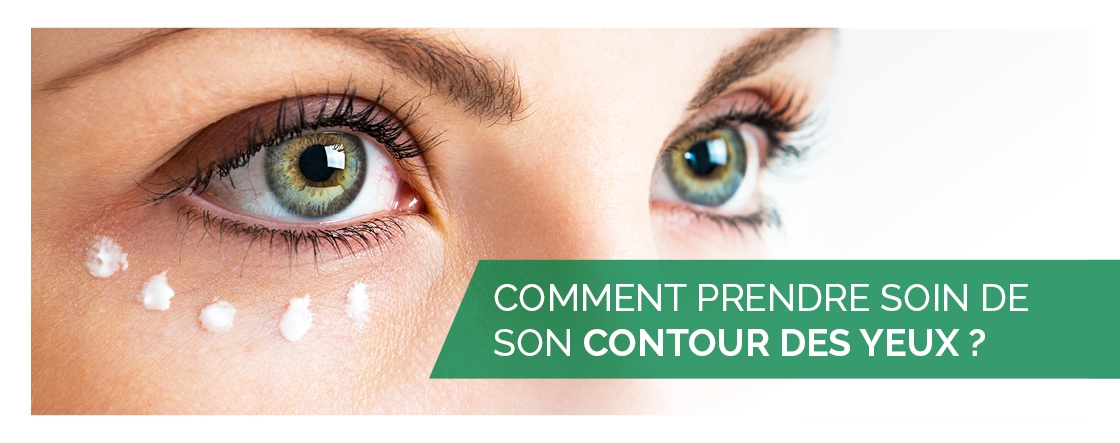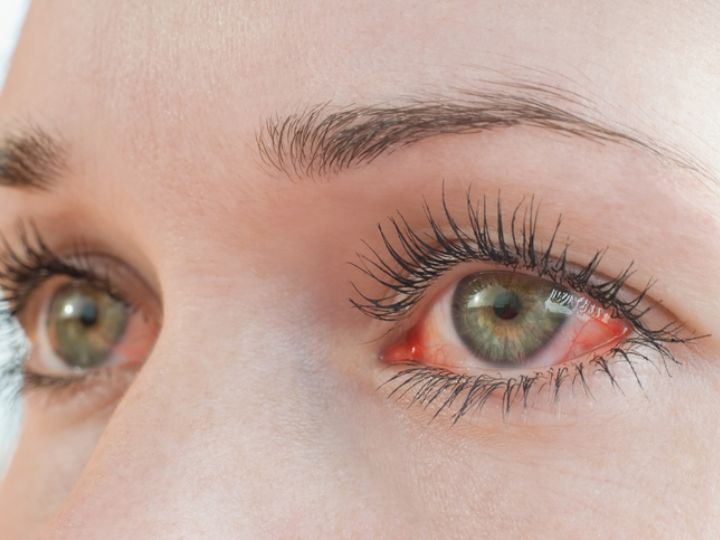All Categories
Featured

While the majority of individuals recognize the significance of safeguarding their skin from the sun, the damaging results of ultraviolet (UV) rays on eye wellness frequently go forgotten. Whether you're saturating up the sun on a summertime day or strolling outdoors on a cloudy mid-day, securing your eyes from UV rays is crucial.
What Are UV Rays? UV rays are a type of electro-magnetic radiation given off by the sun. They are classified into 3 types:
UVA Rays: These permeate deep right into the skin and eyes and can add to long-term damage. UVB Rays: These rays are a lot more intense than UVA and are primarily liable for surface-level damage to the eyes and skin. UVC Rays: These are one of the most dangerous however are mostly absorbed by the Planet's ozone layer and do not typically reach us. UVA and UVB rays are the key wrongdoers behind eye-related damage.
Short-Term Effects of UV Direct Exposure on the Eyes. Even short-term direct exposure to intense UV rays can hurt your eyes. One common problem caused by this is photokeratitis, or "sunburn of the eye." Signs and symptoms of photokeratitis consist of:
Unpleasant, red eyes. Sensitivity to light. Tearing or too much watering. Short-lived vision loss or blurry vision. Photokeratitis is typically short-term, however it acts as a caution of how harmful UV exposure can be, also in small doses.
Long-Term Effects of UV Direct Exposure. Extended exposure to UV radiation can cause extra serious and irreversible eye problems, such as:
Cataracts: UV rays can accelerate the formation of cataracts, a problem that creates clouding of the eye's all-natural lens, causing blurred vision and, if without treatment, blindness.

Macular Deterioration: UV exposure can damage the retina, particularly the macula, raising the threat of age-related macular degeneration (AMD), which affects main vision.
Pterygium: A growth of tissue on the white component of the eye that can extend over the cornea, creating discomfort, redness, and vision problems.
Pinguecula: UV direct exposure can create yellowish deposits to develop on the conjunctiva, causing irritability and dry skin.
Skin Cancer Around the Eyes: The delicate skin surrounding your eyes is very at risk to UV radiation, increasing the risk of skin cancers like basal cell carcinoma and squamous cell carcinoma.
Just How to Secure Your Eyes from UV Rays. Shielding your eyes from UV rays is simple and requires a few mindful practices:
Invest in Quality Sunglasses: Choose sunglasses that obstruct 100% of UVA and UVB rays. Look for labels that define "UV 400" security. Wrap-around styles are ideal as they block UV rays from the sides also.
Put On a Wide-Brimmed Hat: A hat with a brim at the very least 3 inches wide can considerably lower UV exposure to your eyes and face.
Limit Direct Exposure Throughout Optimal Hours: UV rays are toughest between 10 a.m. and 4 p.m. If you must be outdoors during these hours, make sure you're appropriately protected.
Don't Be Misleaded by Clouds: UV rays can permeate with clouds, so it is very important to put on sunglasses also on cloudy days.
Protect Your Eyes Year-Round: Snow, sand, and water can mirror UV rays, escalating their results. Eye security isn't just for bright summer season days-- guarantee you're covered in all periods.
Use UV-Blocking Contact Lenses: Numerous call lenses now include UV protection. If you use get in touches with, ask your eye physician about lenses with built-in UV filters for added protection.
Encourage Eye Security for Kid: Kid's eyes are much more sensitive to UV rays because their lenses are more clear, permitting even more radiation to reach the retina. Make certain they wear sunglasses and hats throughout exterior tasks.
Normal Eye Examinations. Regular exams with an eye treatment specialist are important for very early discovery of any type of UV-related damages. An optometrist or eye doctor can assess your eyes, suggest protective actions, and detect problems like cataracts or macular deterioration beforehand.
Final thought. UV rays posture a significant danger to eye health and wellness, and their impacts can build up in time. With the best safety measures, you can decrease these risks and protect your vision. By putting on UV-blocking sunglasses, restricting sunlight direct exposure during height hours, and staying consistent with eye tests, you can ensure your eyes remain healthy and your vision remains clear for many years ahead. Shielding your eyes from UV radiation isn't almost convenience-- it's a crucial action in preserving your long-term eye health.
Latest Posts
Discover Save Big on Car Maintenance with Montclare Auto Repair’s Special Deals
Discover Premier Car Repair Services at Montclare Auto Repair – Quality Service Today
Uncover the Leading Auto Repair Coupons in Montclare, Chicago
More
Latest Posts
Discover Save Big on Car Maintenance with Montclare Auto Repair’s Special Deals
Discover Premier Car Repair Services at Montclare Auto Repair – Quality Service Today
Uncover the Leading Auto Repair Coupons in Montclare, Chicago